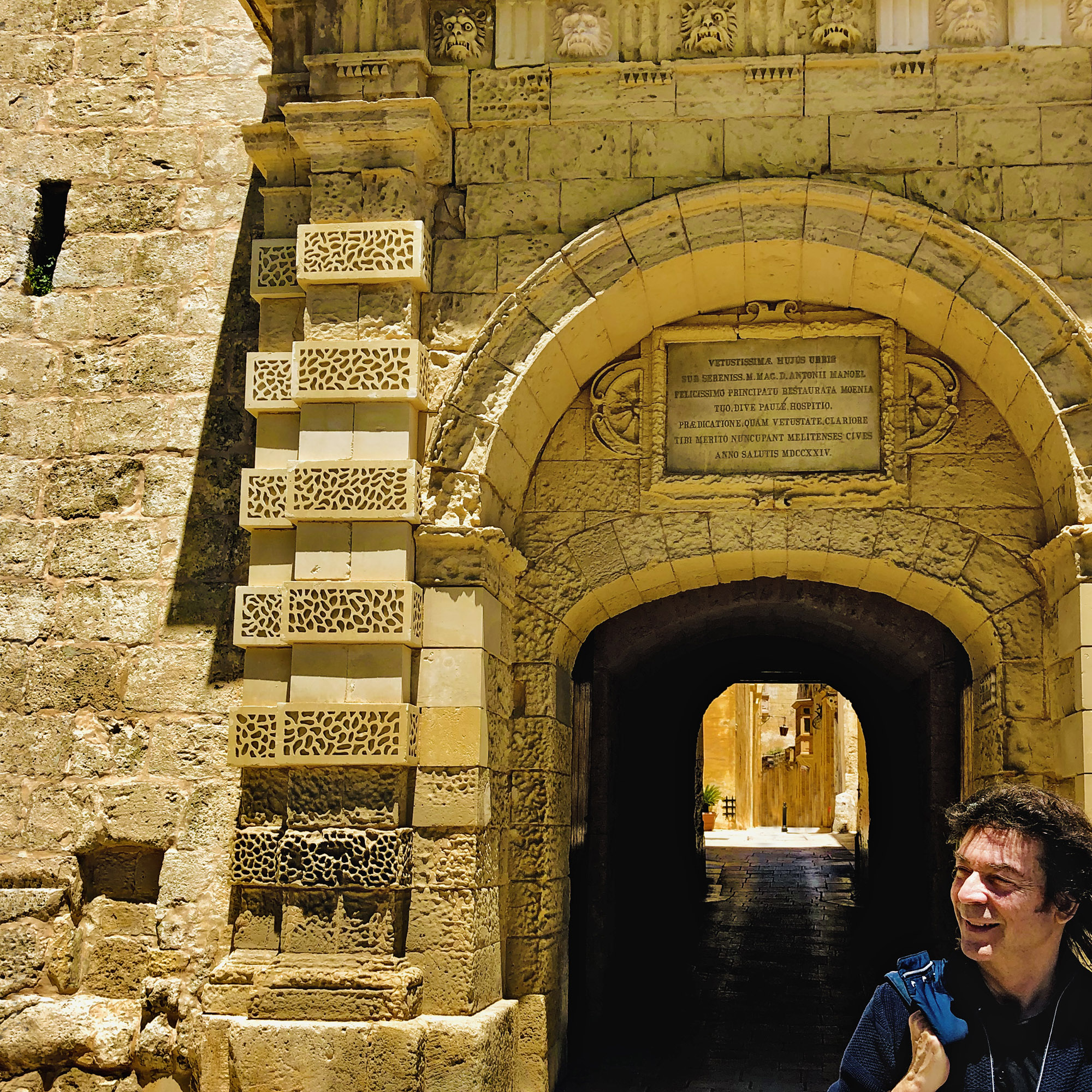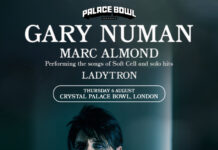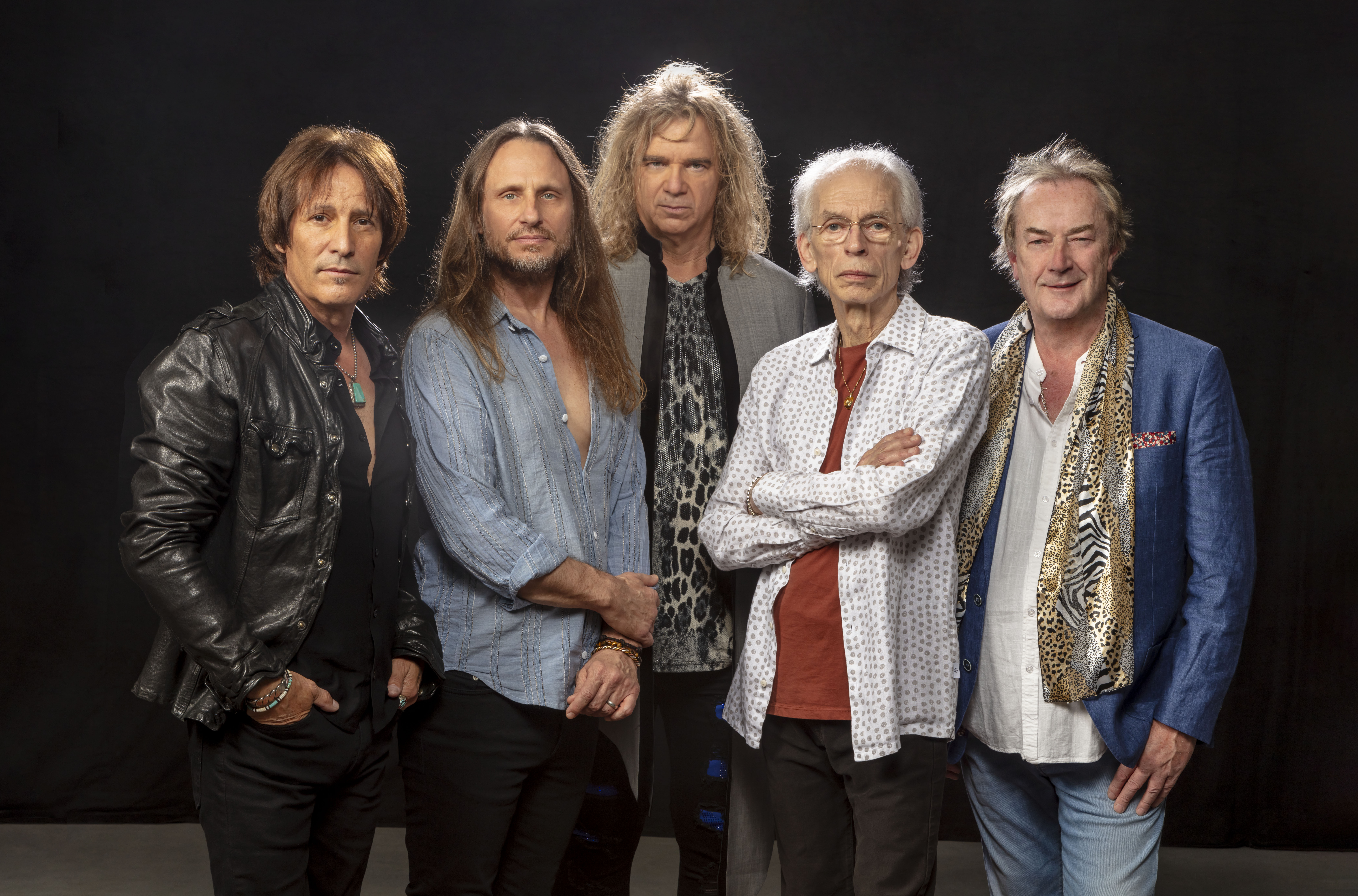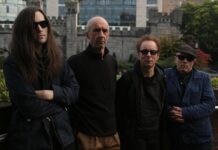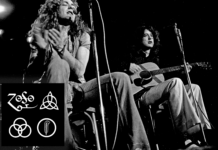Steve Hackett has had a spectacularly successful career, both as a member of Genesis and as a solo artist, plus also as a result of his collaborations with prog icons Steve Howe and Chris Squire. He’s long been recognised as an innovative guitarist and, in 2010, was inducted into the Rock ‘n Roll Hall of Fame. Since leaving Genesis in 1978 he’s recorded an array of occasionally eclectic, but always intriguing solo albums, and while a couple may have been wide of the mark, they’re always never less than interesting.
Like practically every other musician, his plans for 2020 have been skewered by the C19 pandemic, so one of the projects he devoted his unexpected ‘downtime’ to was working on an acoustic album, with contributions from musicians using world music instruments such as the Duduk and the Iranian Oud, plus Hackett himself playing the Charango. On this album there’s no rock ‘n roll, no vocals and no lengthy prog epics; instead, we get Hackett playing nylon, acoustic and 12 string guitar and taking his listeners on an imaginary journey, with every track on the album reminiscent of somewhere he’s visited in the Mediterranean and portrayed musically.
All the songs on this album are beautifully performed by a musician at the top of his game. It begins with ‘Mdina (the walled City)’ and after an orchestral introduction, Hackett joins in playing some exquisite runs on nylon guitar. It’s said of guitar players the real test of your guitar playing credentials is whether you can play acoustic without any of the tricks and attachments of an electric, and it’s a test Hackett passes with ease, with his love of artists like Segovia and Bream clear in the way he plays. Images abound listening to ‘ …Med Sky.’
‘Sirocco’ is very atmospheric, inspired by the winds of Egypt. ‘Joie de Vivre’ has a Gallic feel, and ‘Adriatic Blue’ paints an enchanting picture of tall cliffs with forested scenery along the Croatian coastline, and ‘Casa del Fauno,’ inspired by the Faun statue in Pompeii, is a tremendously optimistic piece of music.
‘Call of the Sea’ is a gentle peaceful reflection of the sea, with more examples of Hackett’s gorgeous acoustic playing, and ‘Lorato,’ meaning ‘love’ in the African Tswana tribe, is almost a folk tune.
Rather than through technical prowess, it’s Hackett’s ability to evoke a ‘feel’ from his instrument which distinguishes him from those who play at the speed of light but with no soul, and this is much in evidence on ‘ .. Mediterranean Sky.’

